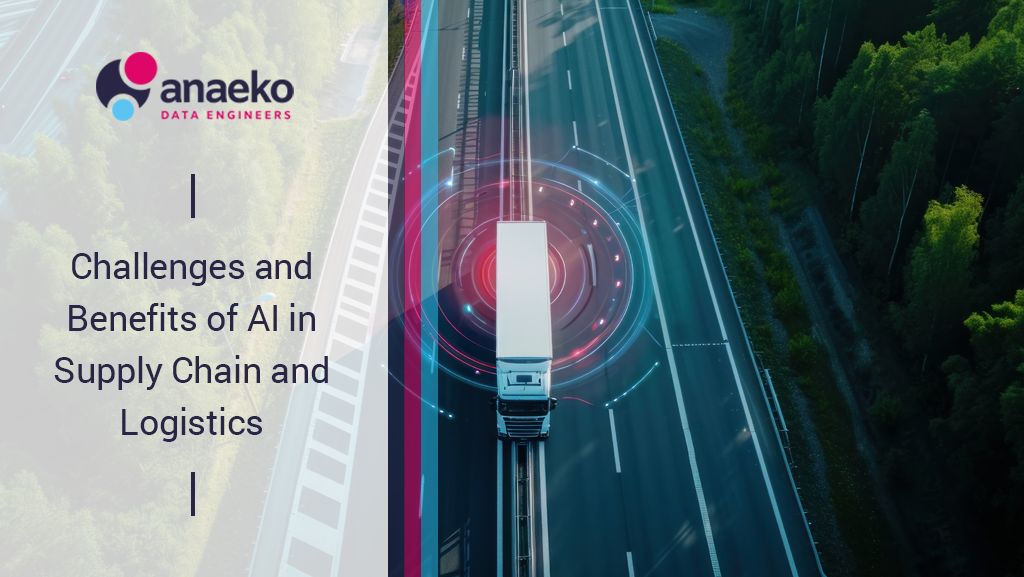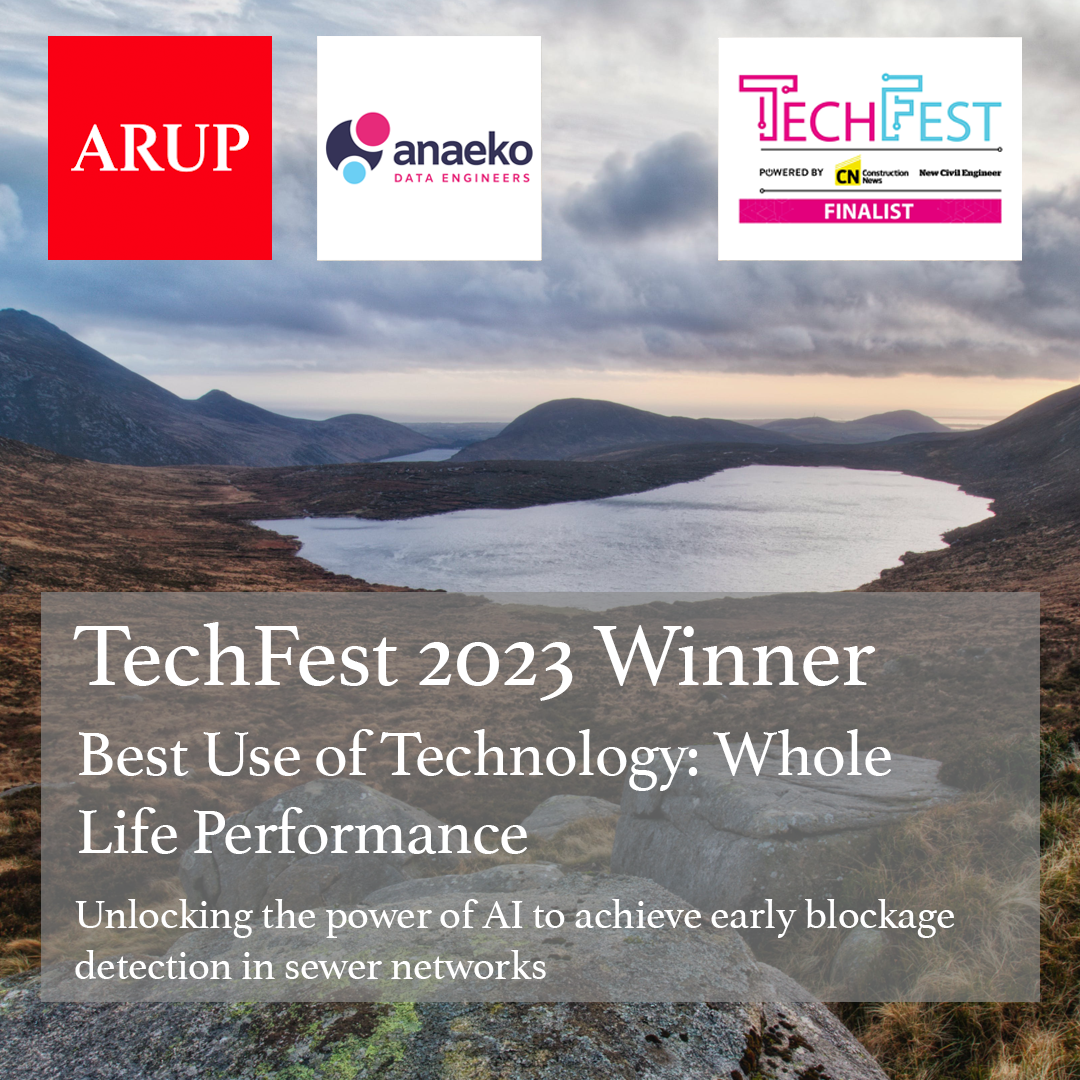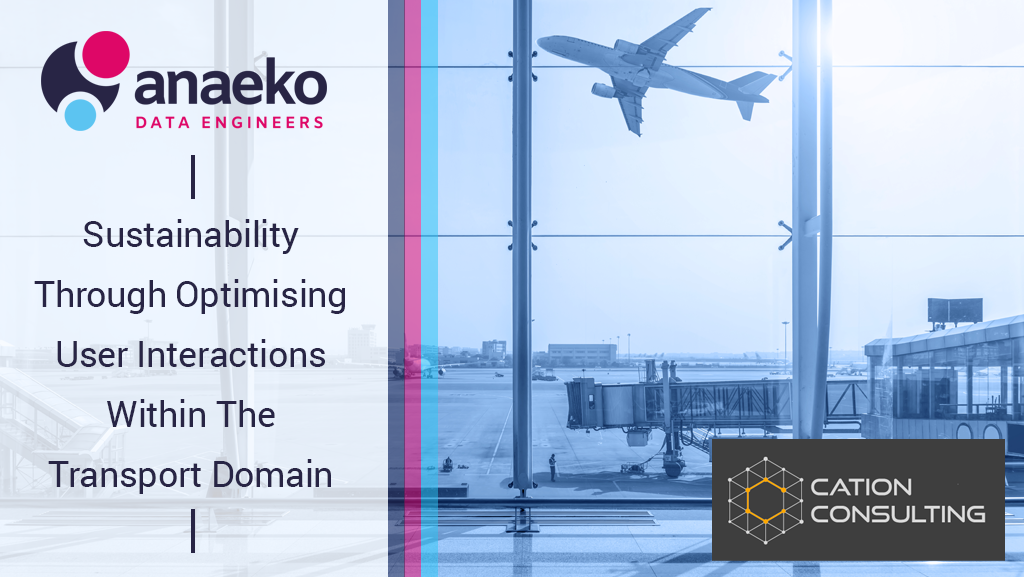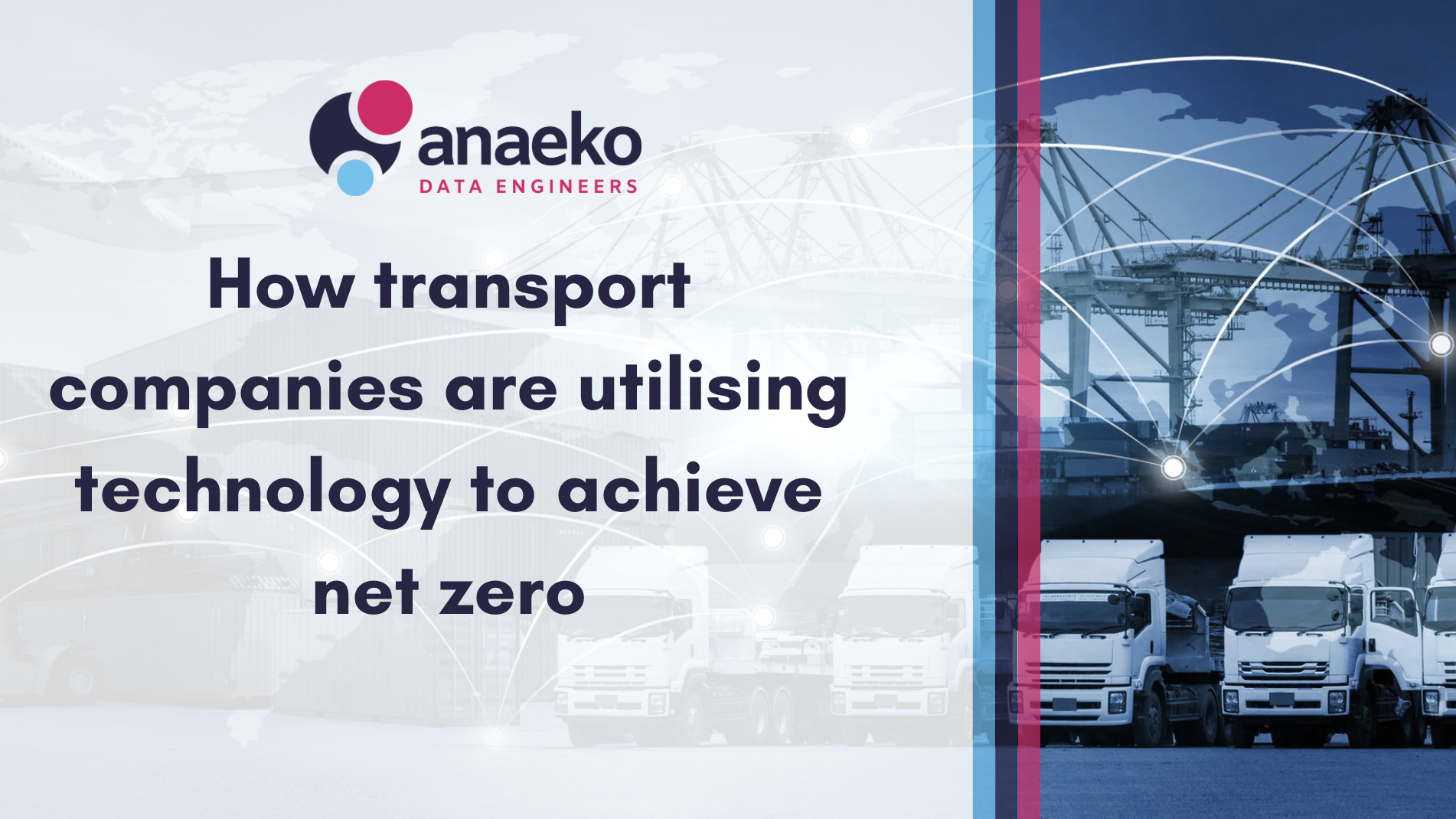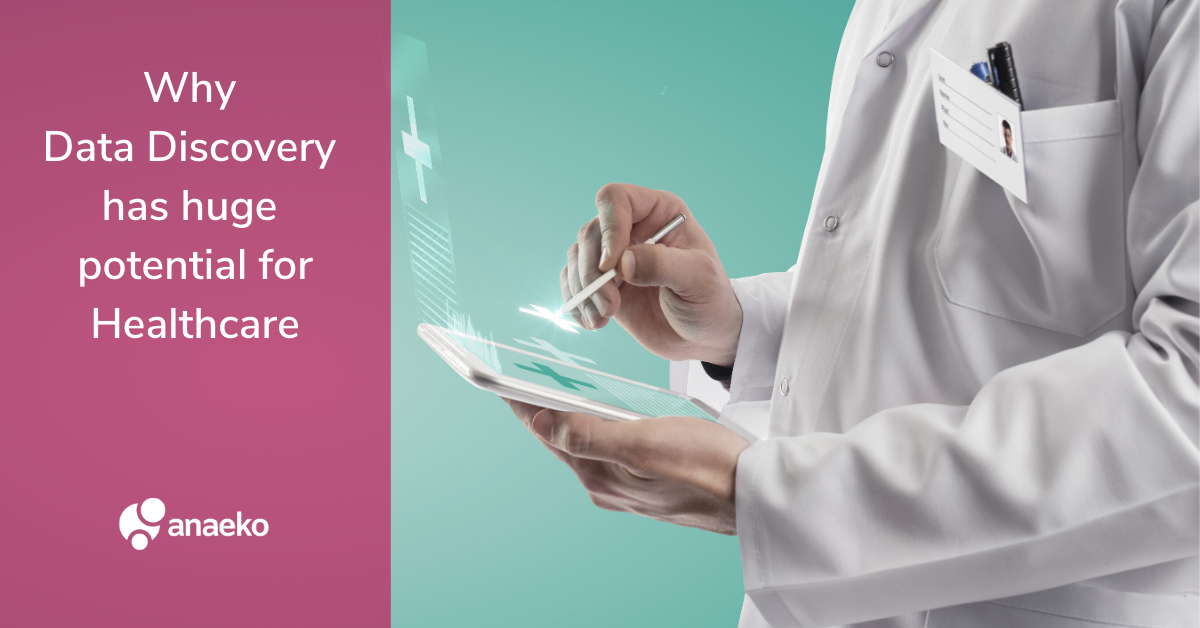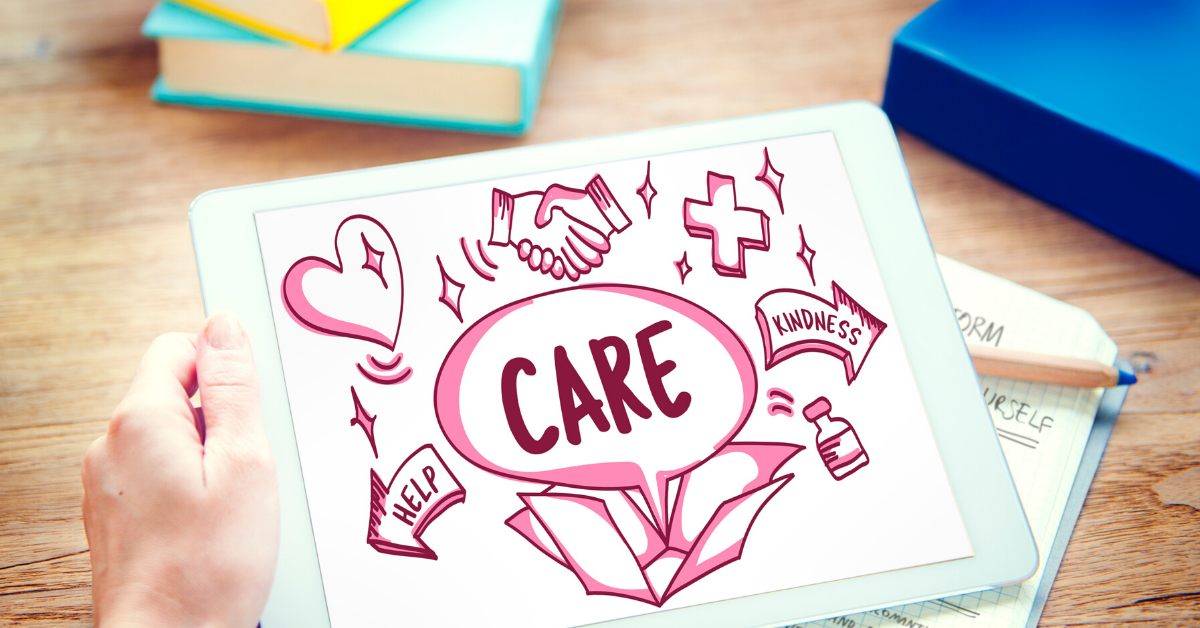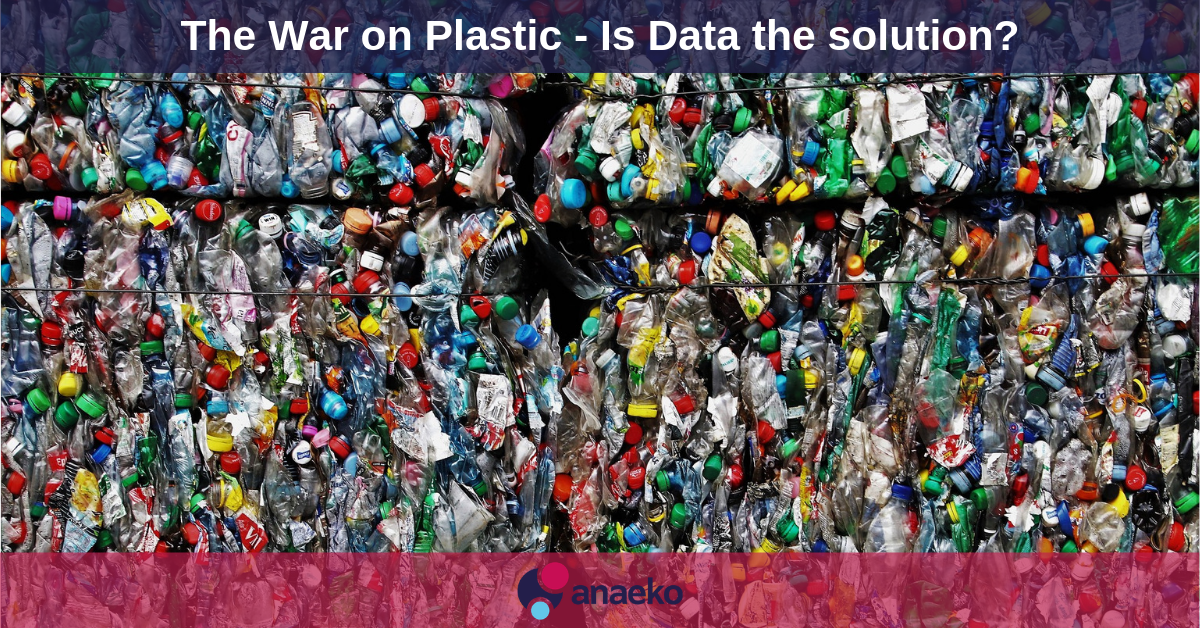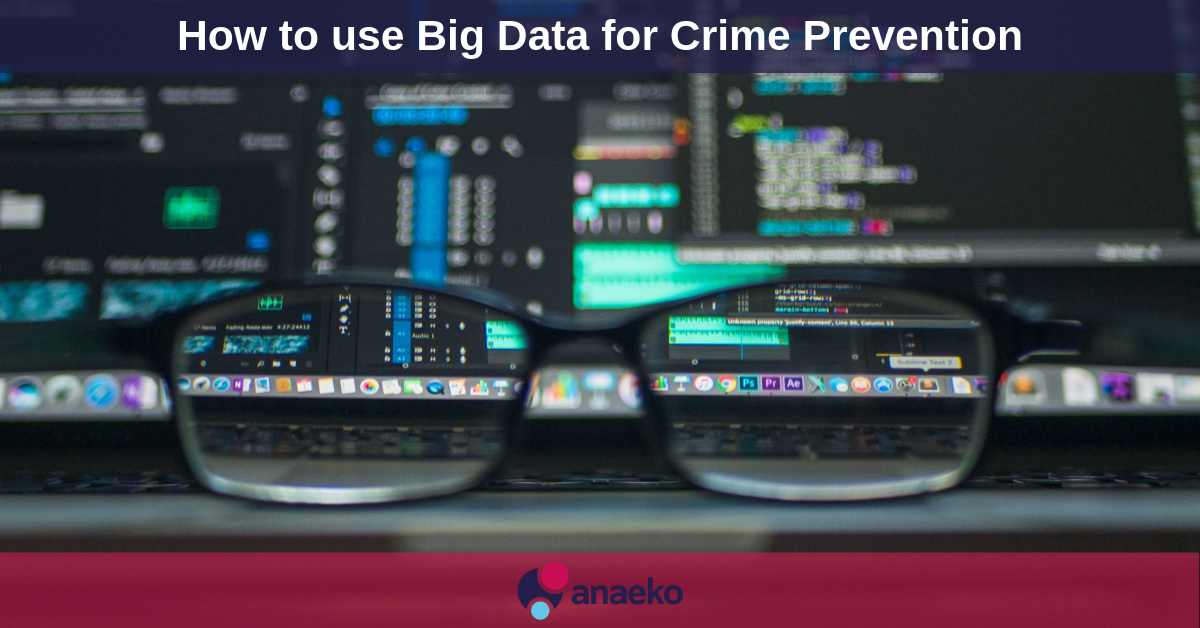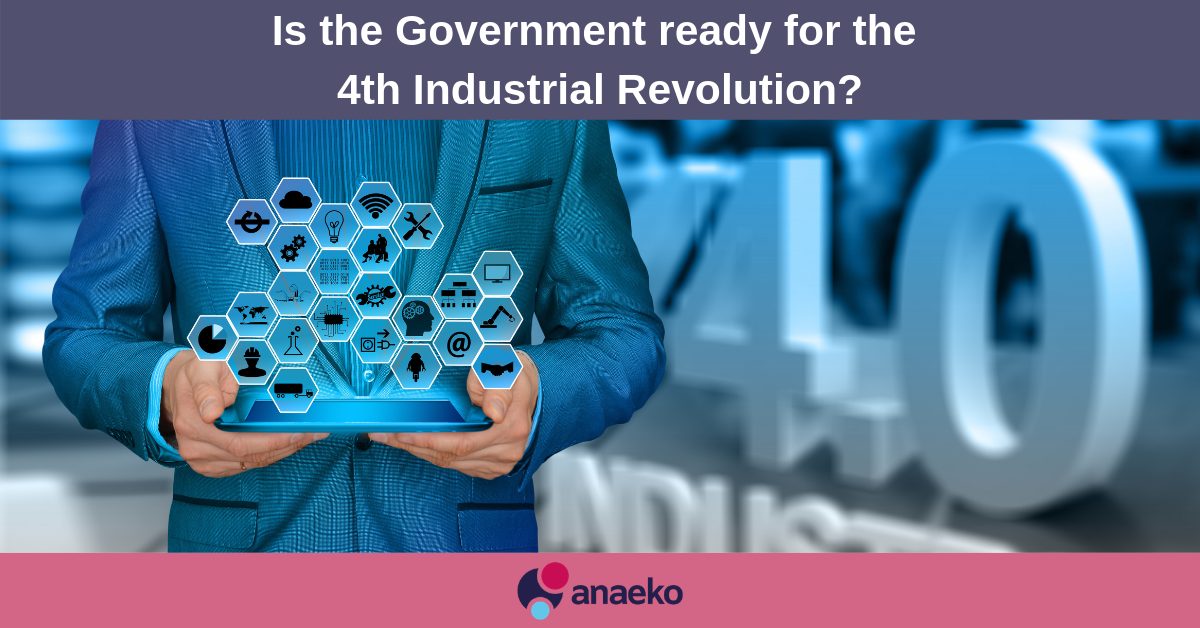Challenges in Supply Chain and Logistics
There are many challenges in the supply chain business, and depending on where you are in that supply chain, you each have your own set of challenges. However, there are primarily some top overriding ones: fuel and safety are right at the top of that list. For connected, but still different reasons, safety and the overall health of the workforce itself trumps absolutely everything.

